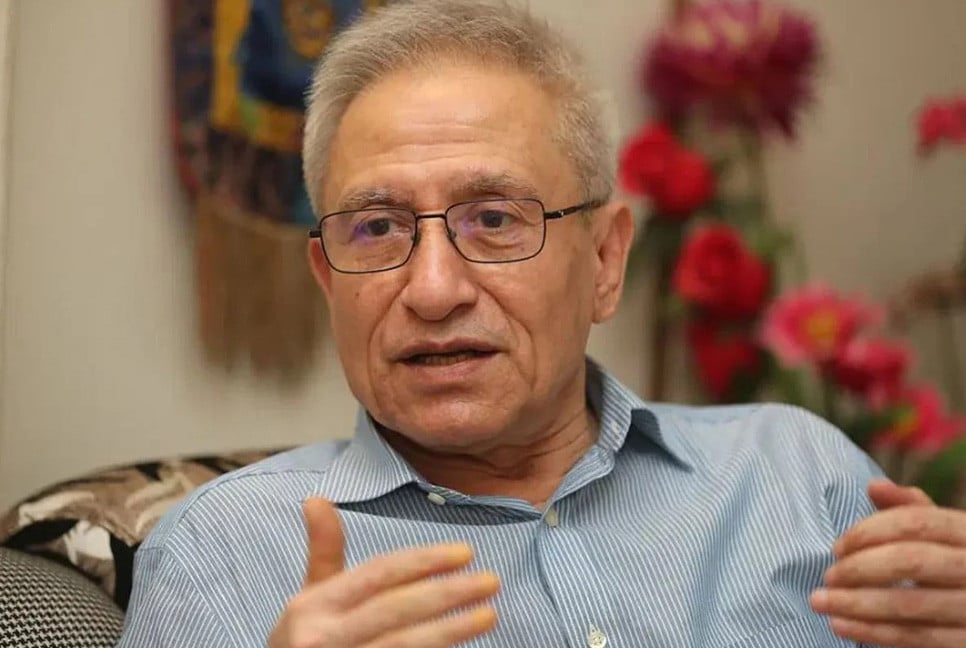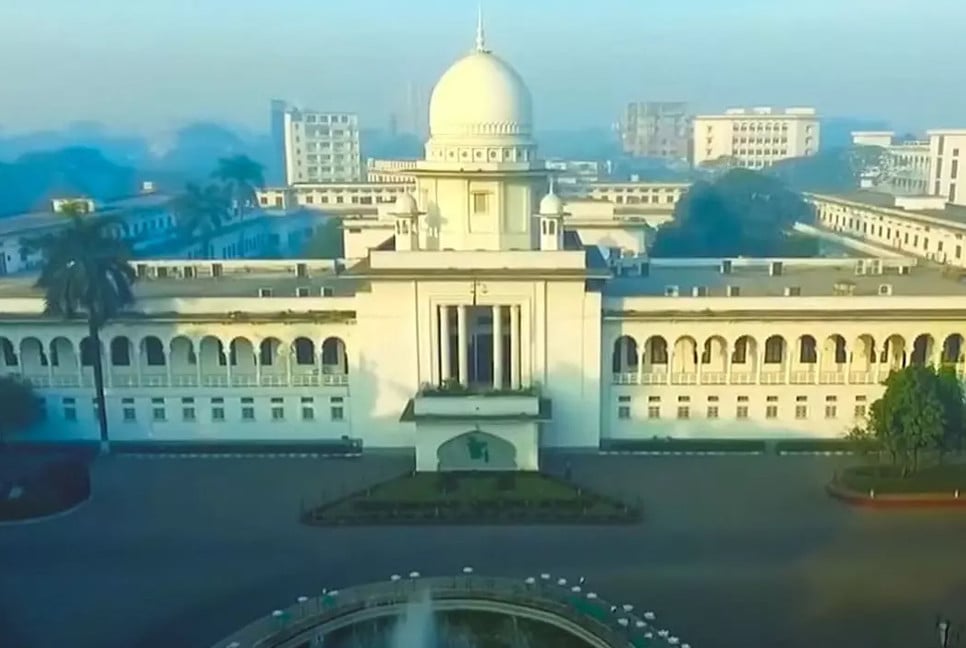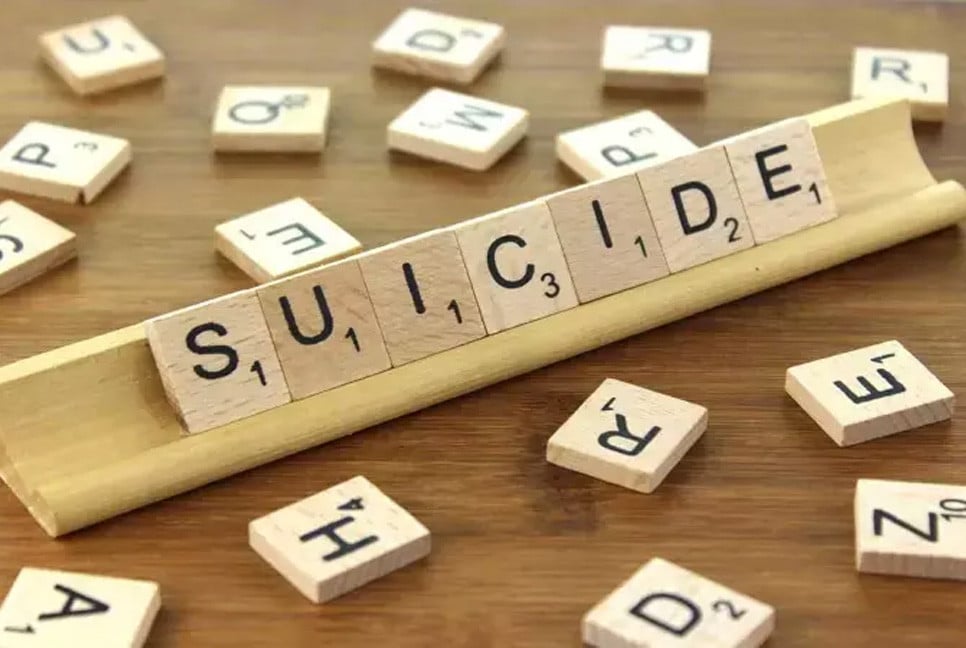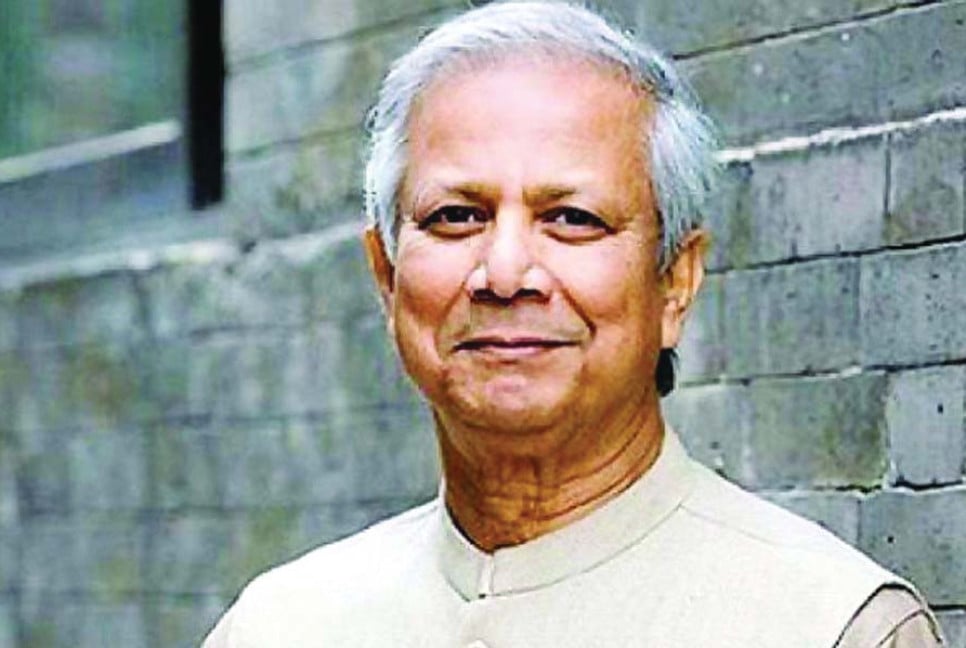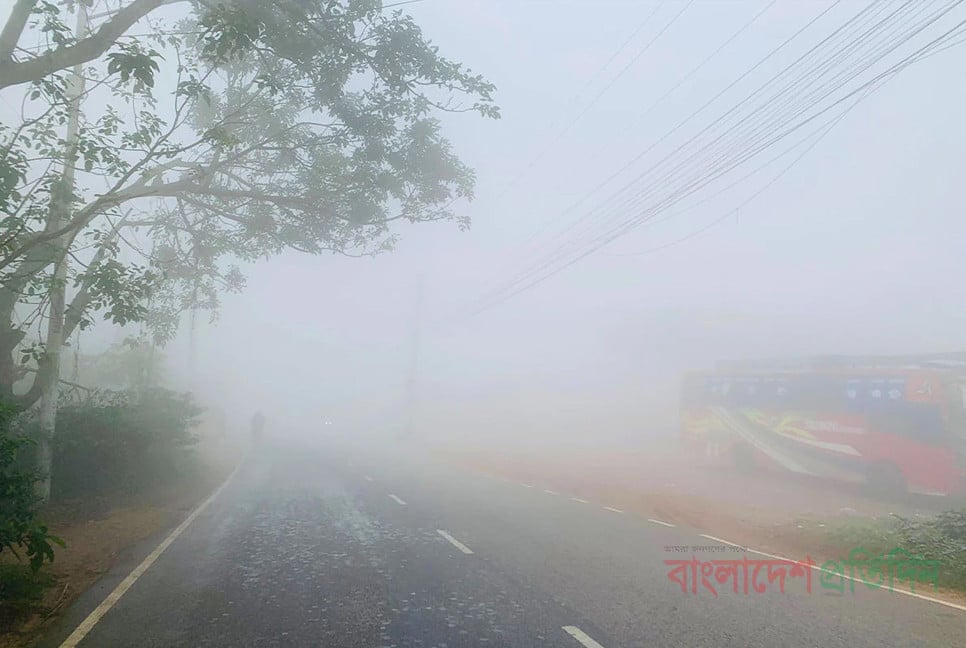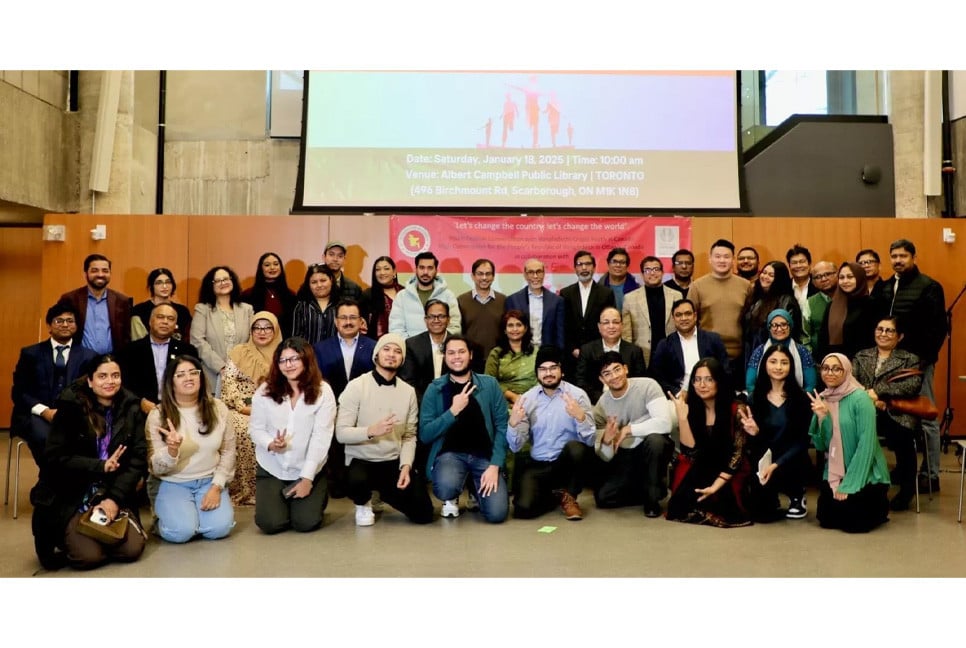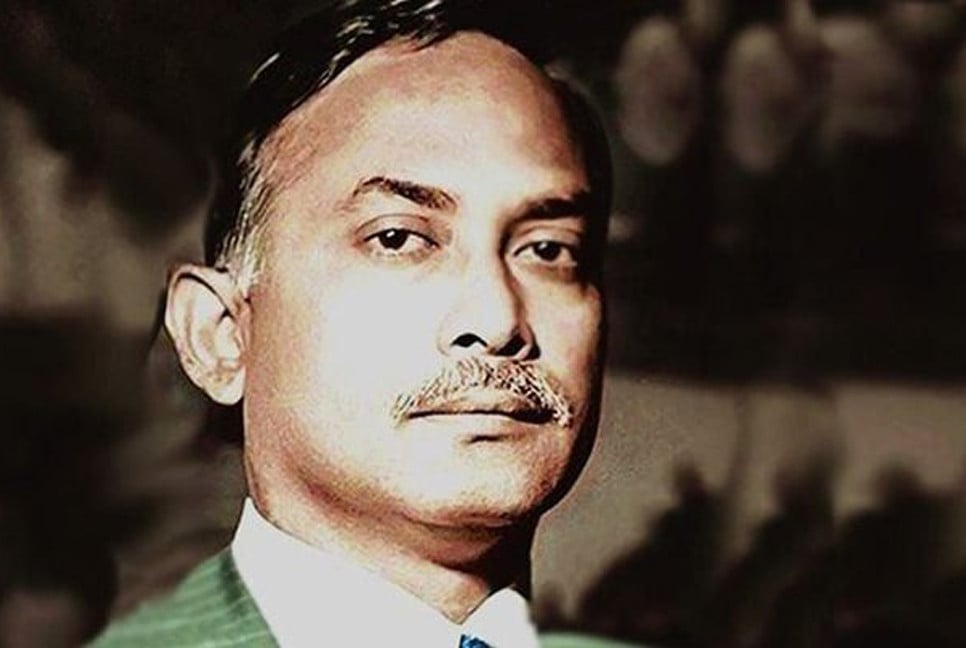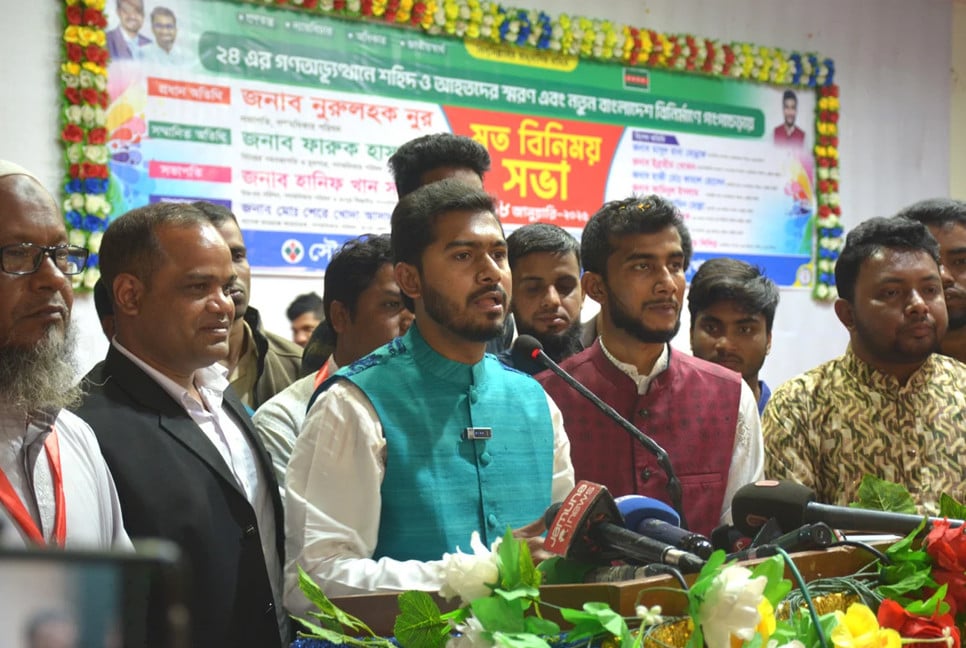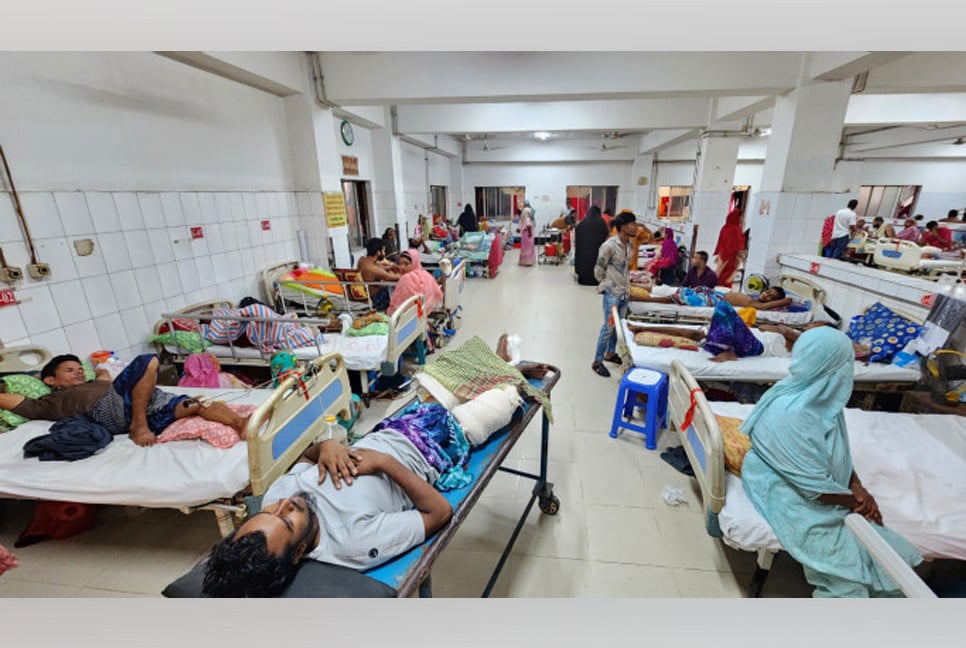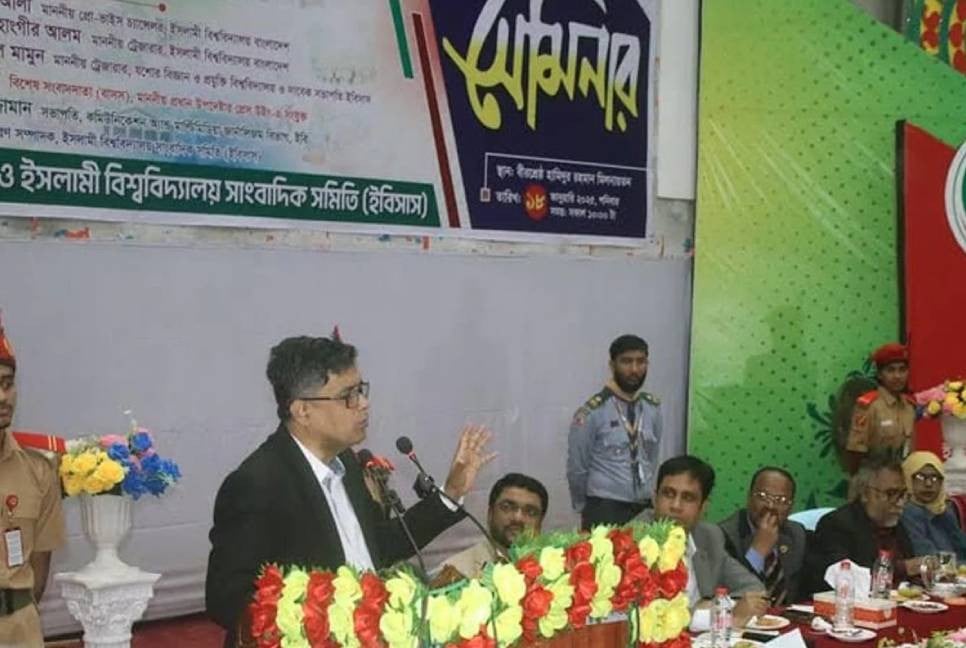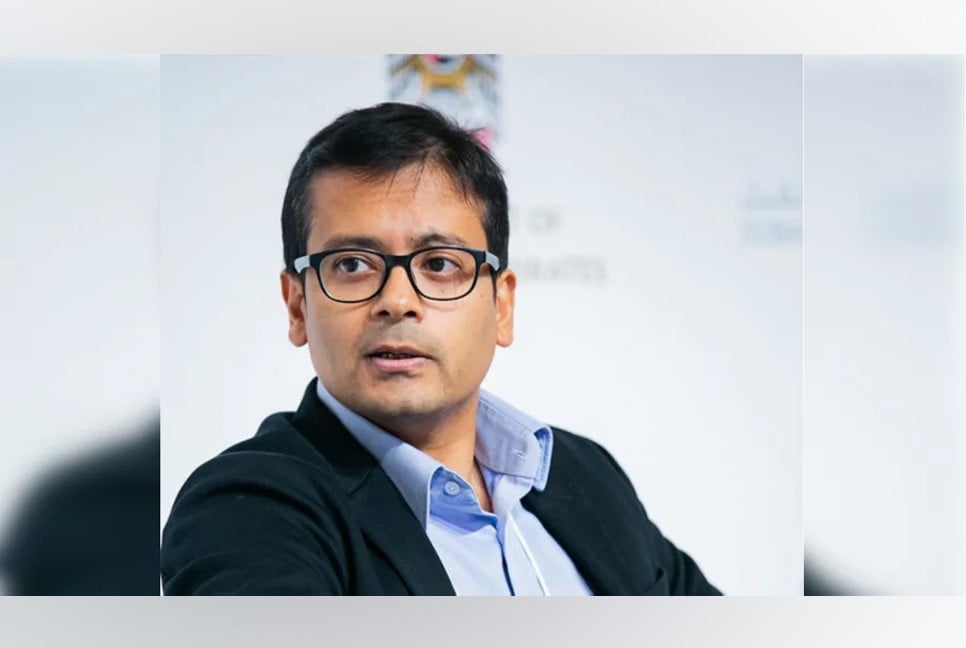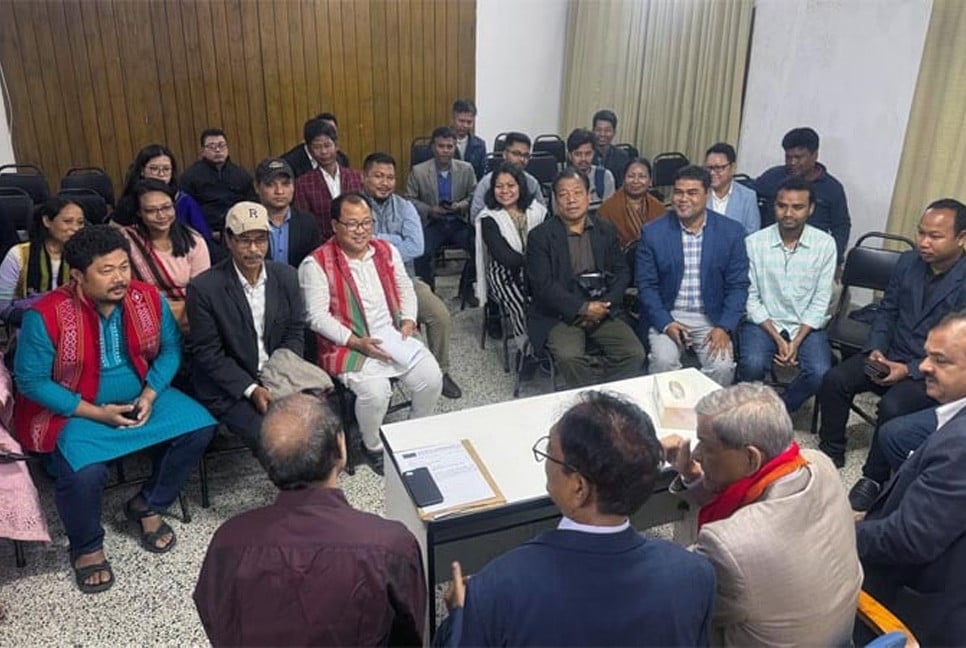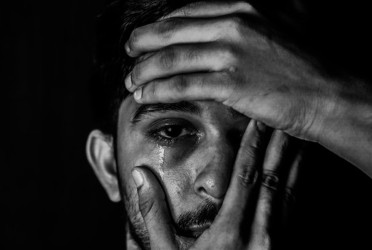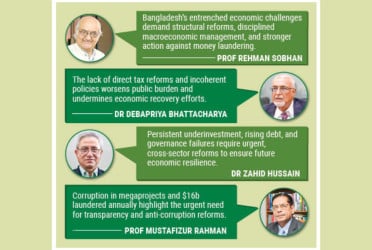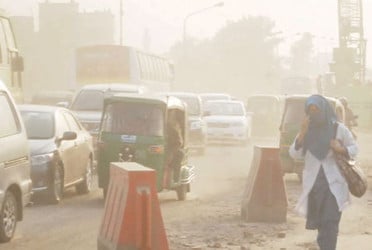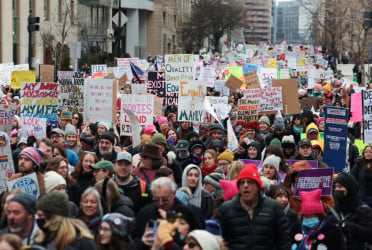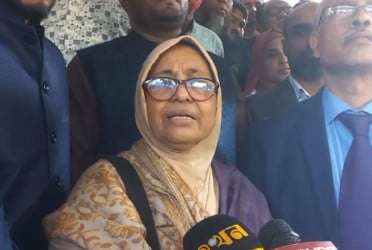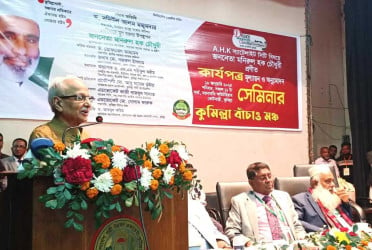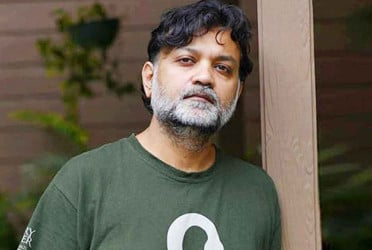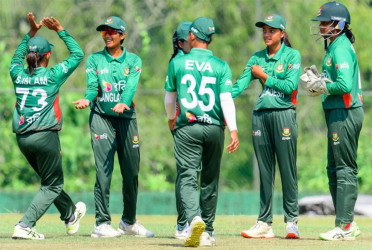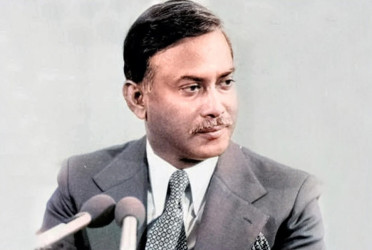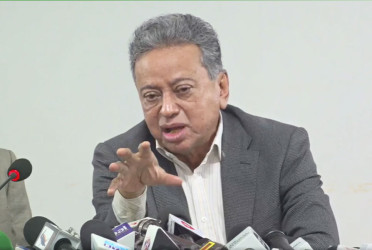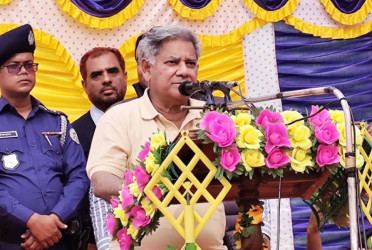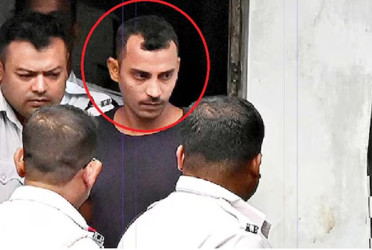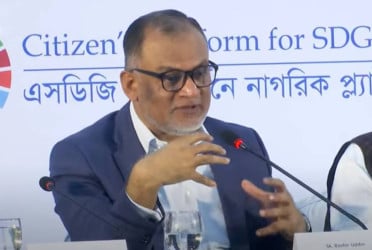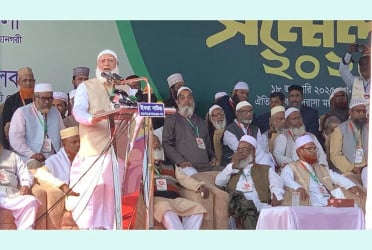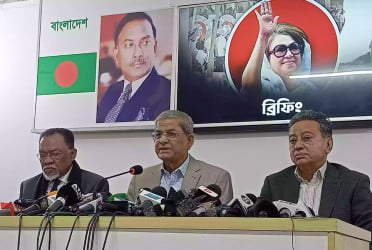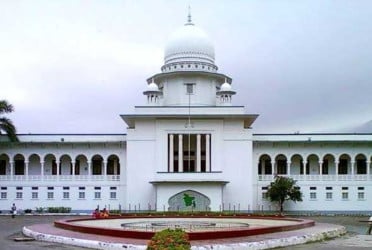The number of suicide cases is increasing in the country due to the absence of psychiatry at district and upazila levels.
Amid this situation, World Mental Health Day is being observed in the country and elsewhere across the globe.
According to the study, about one-third of people in the country suffer from mental health problems. The covid-19 pandemic has affected this badly. But, the lack of psychiatry and the tendency of suicide among people is increasing across the country.
According to the National Mental Health Policy 2022 report, there are very few mental health specialists in the country.
Bangladesh has only 1.17 mental health workers for every one lakh people. Of these, 0.13 psychiatrists, 0.01 other specialist doctors, 0.87 mental health nurses and 0.12 psychologists and other professional mental health workers.
The National Institute of Mental Health (NIMH) in the capital provides indoor and outdoor services to mental patients. Apart from this, there is only one 500-bed Pabna Mental Hospital. Bangabandhu Sheikh Mujib Medical University and some medical college hospitals provide treatment for mental patients.
Pabna Mental Hospital’s former director Prof Dr Mohammad Ahsanul Habib told Bangladesh Pratidin that there are 350 psychiatrists and less than 100 psychotherapists for 16 crore people in our country.
“Various types of mental health problems have increased according to age after the Covid-19 pandemic. This pandemic has hit the mental health world hard,” he said.
“Children's internet addiction has increased significantly after staying online for long periods for classes. Children are inattentive to studies and more addicted to internet games. Internet addiction has increased as youths go out less which turned them into addicted due to depression,” he added.
According to the National Mental Health Survey report of 2018-19, 17 per cent of adults and 14 per cent of children in the country have some form of mental illness.
The report said, 24.2 per cent of those suffering from mental illness sought treatment from government hospitals, 5.5 per cent from private practitioner psychiatrists, 33 per cent from other physicians, and 2.2 per cent from homoeopathic and Unani practitioners.
Dr Faruq Alam, former director of NIMH said, many patients are not receiving treatment due to the lack of treatment in mental health care. To resolve the problem, mental health service units should be created in every district.
Professor Dr Mohammad Robed Amin, director of Non-communicable Diseases of the Directorate General of Health Services (DGHS) said, “There is a shortage of doctors specializing in mental health in the country. However, apart from specialists, we are trying to provide services as far as possible.”
@The article was published on print and online versions of Bangladesh Pratidin on September 10, 2022 and has been rewritten in English by Tanvir Raihan and Golam Rosul.


